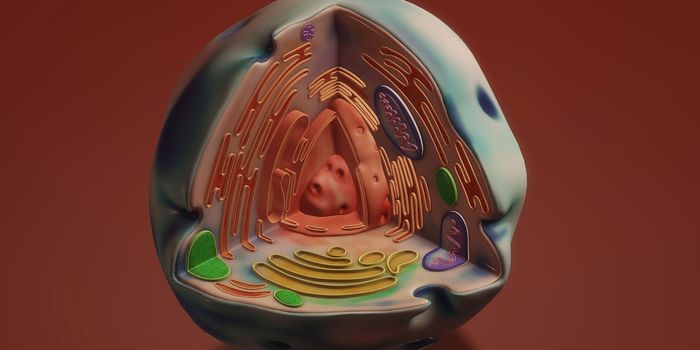Exonerating a Suspect in Cancer Causation
In research science, data doesn't stand on its own. Investigators build on the work of others, share their own findings, collaborate with one another, and reproduce the experiments of other labs. That ensures that hypotheses are subjected to rigorous tests before they are accepted as fact. A recent report about a gene called MELK has now called previous studies into question. Several labs had showed that this gene is overexpressed, or too active, in many cancerous cell types. That made MELK an attractive drug target for cancer therapeutics and prompted several clinical trials.

However, the new paper in eLife by researchers at Cold Spring Harbor Laboratory (CSHL) has found that MELK actually has no involvement in cancer. Led by CSHL Fellow Jason Sheltzer, the researchers suggested that the problem with the past studies was caused by flaws inherent to the techniques that were used to link the MELK gene to cancer.
"Our study is a good illustration of the self-correcting nature of science," Sheltzer said.
Over the past few years, Sheltzer has worked with Stony Brook University students Chris Giuliano and Ann Lin to analyze the genetics of tumors that had been removed from cancer patients. They wanted to find gene activity that was correlated with poor survival rates in patients. Then they aimed to use the CRISPR gene-editing system to follow-up on the genes they identified. One at a time, the genes would be removed from cancer cells to see how it affected the ability of the cancer cells to survive.
MELK was one of the genes they tested. "Like other labs, we found that MELK tended to be very highly expressed in patients who did not survive very long," Sheltzer explained. Because the gene had been associated with cancer by so many other reports, they thought it would serve as a positive control for their research; removing it would be devastating to cancer cells if they needed it to grow as assumed.
"We thought we would eliminate MELK and show that it killed cancer cells. Then we could know that our CRISPR techniques were working," Sheltzer explained. "But, to our great surprise, the cancer cells didn't die. They just didn't care."
They repeated their work several times to be sure that the CRISPR tool was doing its job, and it was. "We eventually had to conclude that our technique was fine," Sheltzer noted. "Rather, it was the previous findings about MELK's role in cancer that were incorrect."
Sheltzer posited that some lab processes are prone to errors. They have unintended, or off-target, effects. RNA interference is one such tool; it is supposed to turn off genes very specifically, but it may not be as targeted as some scientists assume. "You think you're knocking down one gene, but in reality, those techniques are not very specific, so you're also hitting a number of other different genes," Sheltzer explained.
"We think that this might be a common problem," Sheltzer added. "There are likely other genes like MELK out there, and we're going to use CRISPR to find them."
Check out a talk from Sheltzer and Jennifer Doudna, one of the inventors of CRISPR, in the video above from CSHL.
Sources: AAAS/Eurekalert! via CSHL, eLife








